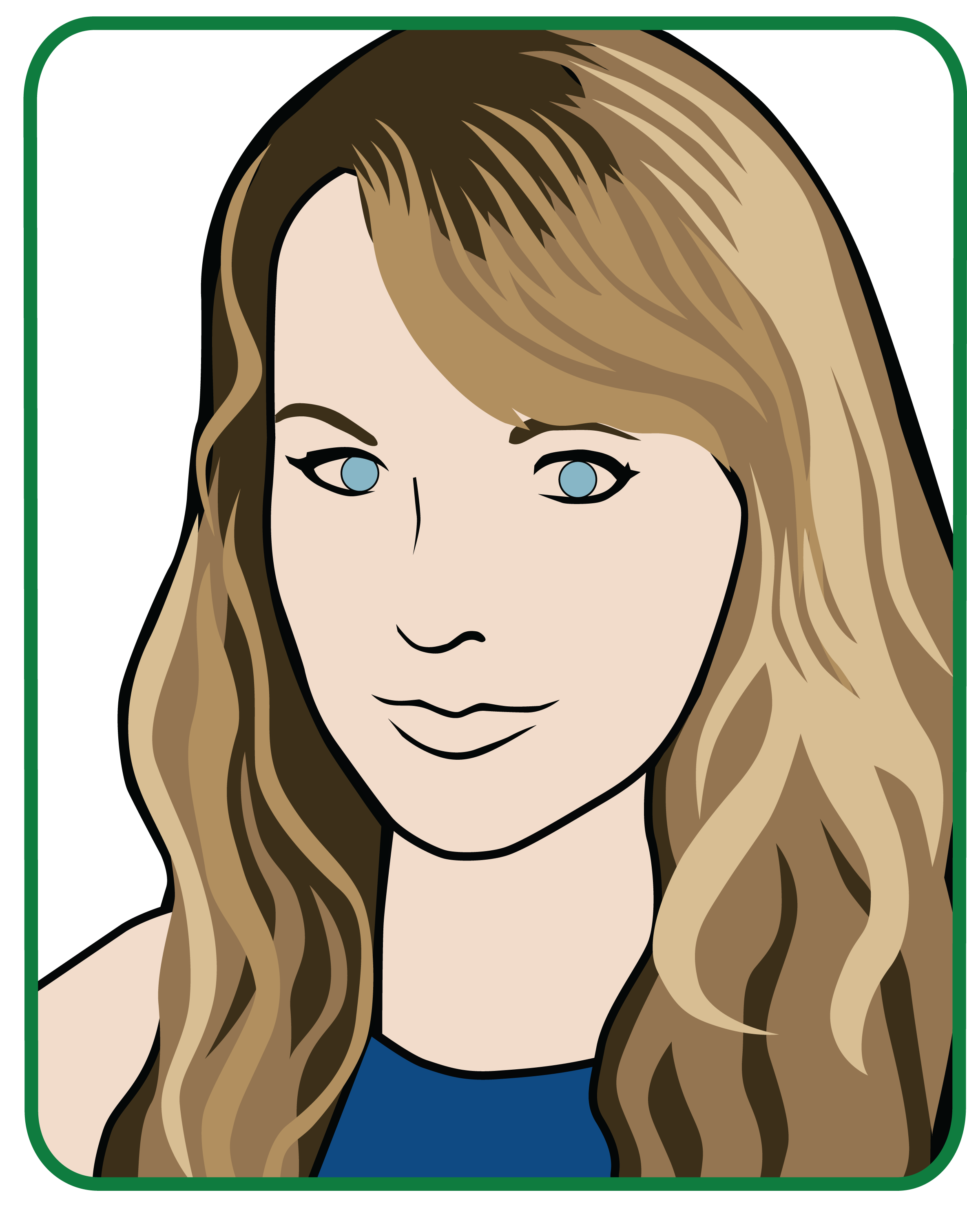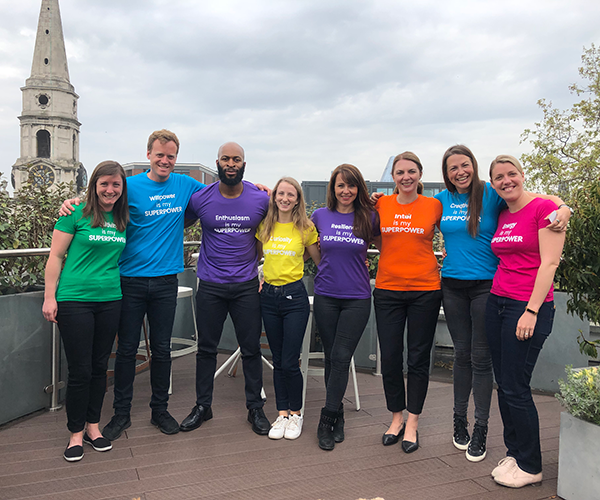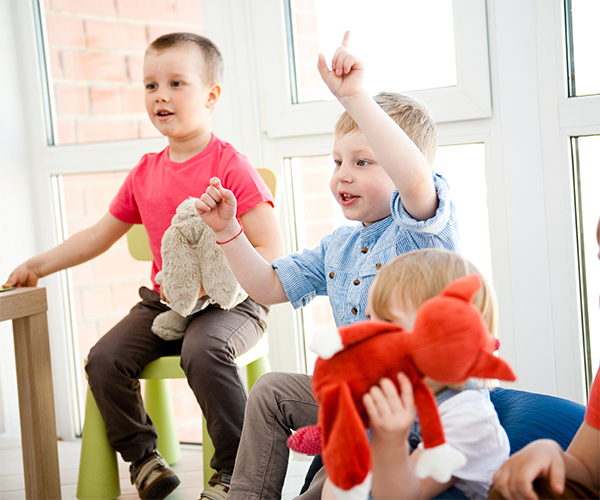What are Idioms?
Idioms are phrases or sayings that aren’t literal. They don’t mean what they exactly say, they just explain something in a different way!
Idioms are never taught, you are just expected to know (which is silly really!)
Children with Special Educational Needs may not understand the use of non-literal sayings. Therefore, explicit explanation and visual representations are the best way of helping children understand quirky phrases.
‘It’s raining cats and dogs’.
This doesn’t mean that there are cats and dogs falling from the sky, it just means that it is raining really hard.
‘He got the sack’.
This isn’t someone getting an actual sack from someone, this means an employee of a company is told that they can’t do their job anymore.
‘You've gotten the wrong end of the stick’.
This has nothing to do with a stick! It just means you misunderstood what someone was saying, or that you took what they were saying in the wrong way.
‘Over the moon’.
You are not literally over the moon, it just means that you're really happy about or with something.
‘You've hit the nail on the head’.
You don’t have a hammer and there isn’t a nail! This just means that you got something exactly right.

‘A piece of cake’.
Unfortunately, this does not mean that someone is going to give you a slice of cake! This means that it was easy.
‘The best of both worlds’.
Two Worlds? No. This just means that you have the best of both and none of the rubbish.
‘You’re pulling my leg’.
This means that someone is joking with you or mucking around. It doesn’t mean that someone is physically pulling your leg.
What is EdPlace?
We're your National Curriculum aligned online education content provider helping each child succeed in English, maths and science from year 1 to GCSE. With an EdPlace account, you’ll be able to track and measure progress, helping each child achieve their best. We build confidence and attainment by personalising each child’s learning at a level that suits them.
How does it work? Test one of our English activities for FREE










